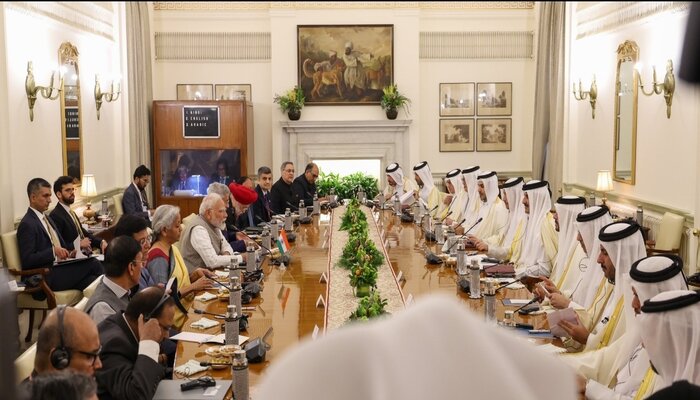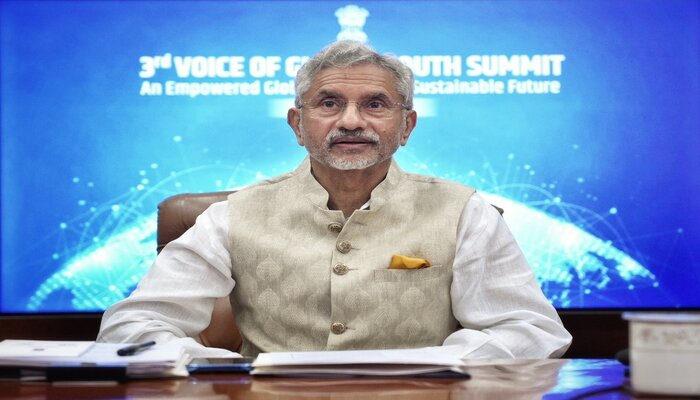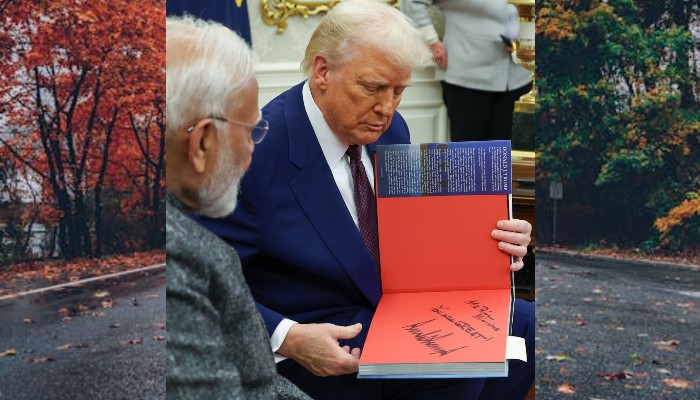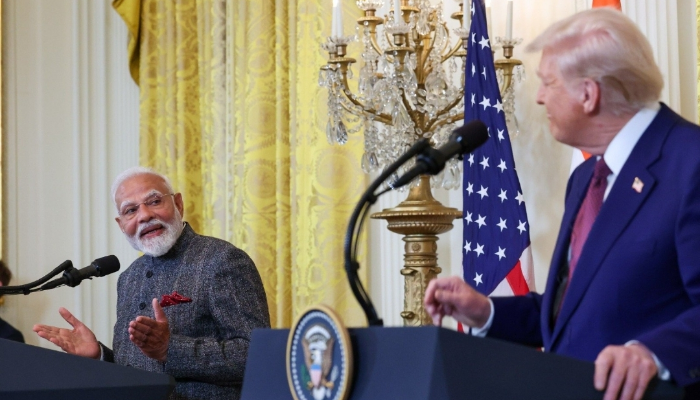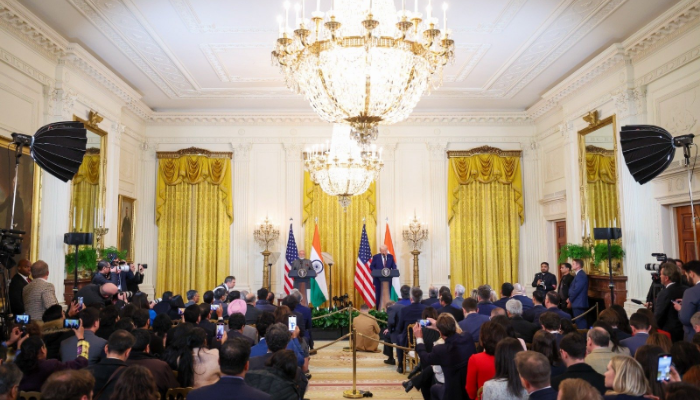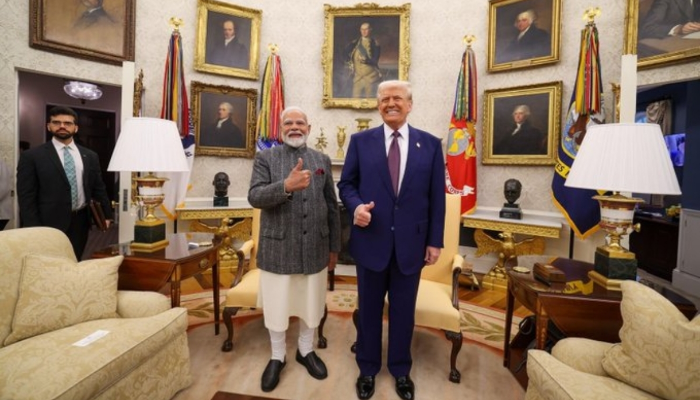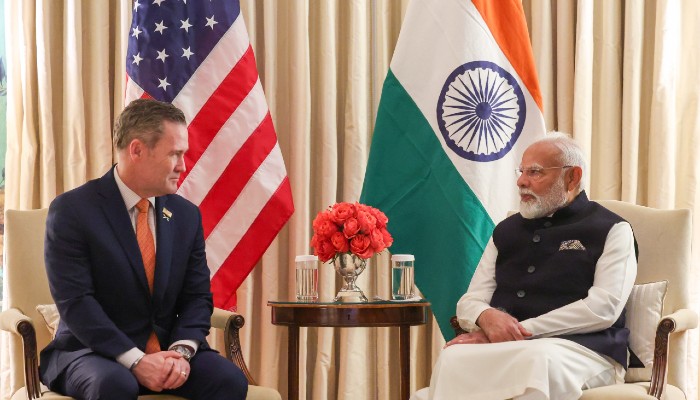Dhaka: Bengal, a land woven with cultural richness, historical gravitas, and intellectual brilliance, has stood as a sentinel of resilience and progress.
From leading fiery independence movements to heralding the cultural renaissance that shaped modern Bangladesh, Bengal has consistently forged ahead. Today, as we navigate a new era, it is essential to address the challenges that confront us and seize the opportunities that beckon us.
Bengal’s socio-economic narrative is one of dichotomy—marked by strides in technology, arts, and education on one hand and persistent hurdles like unemployment, political turbulence, and environmental degradation on the other.
Unemployment, especially among the youth, poses a critical challenge. The migration of skilled professionals underscores the need for robust job creation policies. Harnessing Bengal’s talent pool through initiatives in green energy, artificial intelligence, and biotechnology can catalyze sustainable growth. Collaboration between the government and private sector is vital to create a dynamic ecosystem of opportunities.
Political stability remains another cornerstone of progress. While Bengal’s vibrant political discourse has long fueled democratic participation, excessive polarization often hampers development. Consensus-building and prioritizing people’s welfare over partisan gains are imperative for sustained growth.
Environmentally, Bengal stands at a precarious juncture. Rising sea levels threaten the Sundarbans, a UNESCO World Heritage site and a natural bulwark against cyclones, while urban centers like Dhaka, Chittagong, Kolkata, etc. grapple with pollution and inadequate waste management. Sustainable development—balancing ecological preservation with economic aspirations—must be at the heart of Bengal’s future.
Despite these challenges, Bengal’s resilience shines through. Its artists, writers, and filmmakers continue to leave an indelible mark globally, echoing the timeless creativity of luminaries like Rabindranath Tagore, Kazi Nazrul Islam, and Satyajit Ray. Grassroots innovators and social entrepreneurs are addressing local issues with ingenuity and determination, embodying the undying Bengali spirit.
As Bengal steps forward, it must weave its rich heritage with modernity. Policymakers, businesses, and citizens alike must work together to create a Bengal where tradition and progress coexist harmoniously, and where every individual thrives.
In a world characterized by interdependence, the challenges we face are increasingly interconnected. From geopolitical tensions to the existential threat of climate change, humanity stands at a crossroads. It is only through unity, dialogue, and sustainable progress that we can secure a resilient future.
The evolving geopolitical landscape demands a renewed focus on collaboration. While competition among emerging and established powers is inevitable, cooperation must remain a priority. Initiatives such as regional economic corridors and multilateral dialogues illustrate the potential for shared growth, but mistrust persists. Diplomacy, not brinkmanship, must be the guiding principle, ensuring that the ripple effects of conflict do not cross borders unchecked.
The global pivot toward renewable energy exemplifies this need for collaboration. Equitable access to resources and technology is essential to ensure that the energy transition reduces, rather than exacerbates, inequalities.
Cultural exchanges serve as powerful tools for building bridges in a polarized world. Education, arts, and interfaith dialogues help dismantle stereotypes and foster empathy. The increasing role of digital platforms in amplifying diverse narratives offers unprecedented opportunities for cross-cultural engagement. By showcasing shared human experiences and amplifying marginalized voices, technology can serve as a force for unity.
No challenge epitomizes the need for global solidarity more than climate change. The planetary crisis respects no borders, demanding collective action on an unprecedented scale. International agreements like the Paris Accord are steps in the right direction, but progress remains uneven. Wealthier nations must lead by example, reducing emissions and supporting vulnerable countries with technology transfer and climate finance.
Extreme weather events—rising sea levels, prolonged droughts, and devastating cyclones—underscore the urgency for equitable and innovative solutions grounded in science.
As a dedicated platform for exploring issues beyond borders, The Bengal is committed to fostering informed discourse. By highlighting underreported stories, facilitating expert analysis, and promoting diverse perspectives, we aim to inspire action that transcends divisions. In doing so, we contribute to breaking down barriers and building bridges.
The challenges of our time demand a collective response. Through collaboration, mutual respect, and unwavering commitment to justice, we can pave the way for a resilient future. Together, let us ensure that the next chapter in Bengal’s illustrious story—and indeed the world’s—is one of triumph and transformation.
(Writer: Editor, The Bengal)



